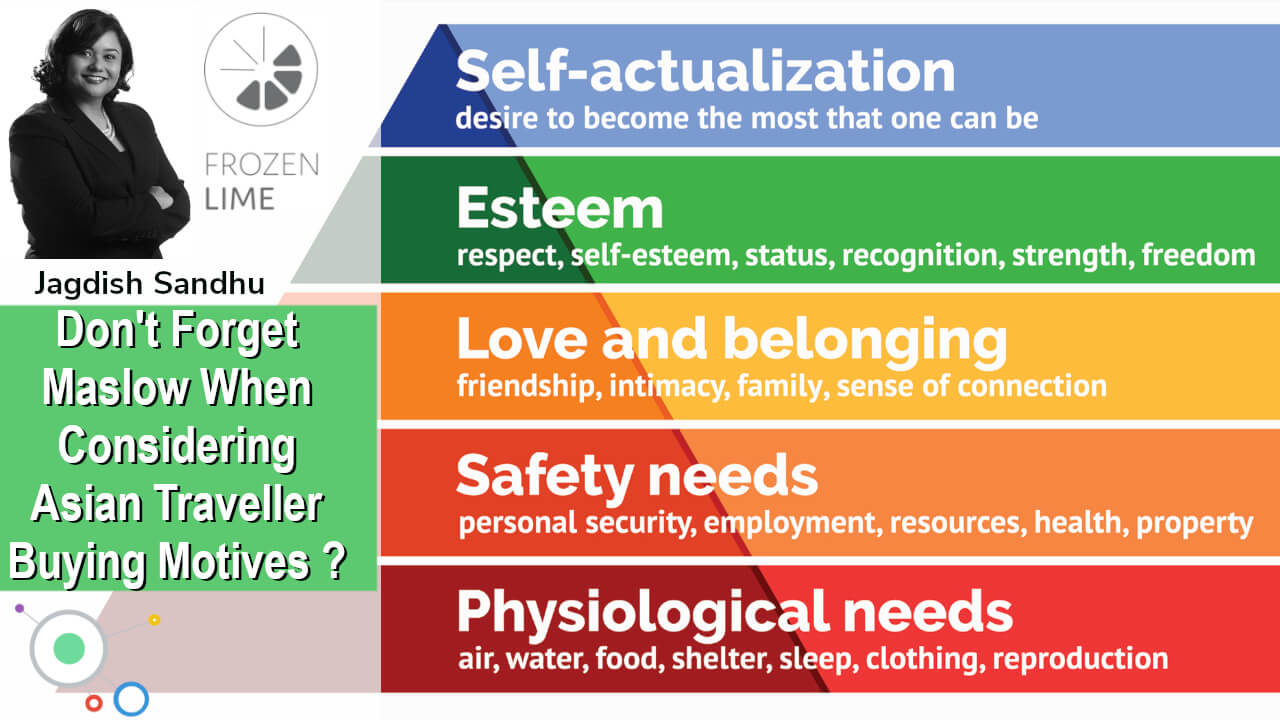travel
Preparing Your Hotel for Autumnal Business
Currently hotels, are noticing two main groups of travellers for the autumn period thus far – over 50s and couples/groups in their 30s
How COVID-19 is Transforming Traveler Behaviour Loyalty and Values
Understanding the redefinition of the Transforming Traveler is critical as travel brands identify the best approach to effective communication
Central America Travel Insights and a Look at Reopening
Central and South America had their lowest points in May, likely playing a role in the delayed growth in travel searches and bookings
What Hoteliers Need to Know for the 2020 Festive Season
Consumer budgets might be tighter and travel closer to home. Create campaigns that take account of factors influencing this festive season
How Travel Brands are Using Pinterest to Inspire Travel Again
Travel brands are using Pinterest to inspire people to travel again. Here are some examples, and tips, you can use to connect with travelers
COVID-19: Insights on Travel Impact, Europe
As travellers react to changing travel restrictions, the popularity of European summer and autumn holiday destinations is fluctuating
Encouraging Score on Travel Heath Index but Caution Still the Word
Good news is coming from South America, where travel recovery is happening at a slow pace but seems to have picked up slightly in August
New Travel Restrictions and Uncertainty Keep Markets Down
Following widespread re-instated quarantine requirements or travel warnings across Europe, we’ve seen a sharp sentiment change across EMEA

Don’t Forget Maslow When Considering Asian Traveller Buying Motives
We look how Maslow’s Hierarchy of Needs helps us understand what is important in these times when considering Asian traveller buying motives
Reviving the Travel Industry Through Data Analytics
The power of analytics extends far beyond the travel and tourism industry’s ability to weather the storm but can serve as a critical driver.




